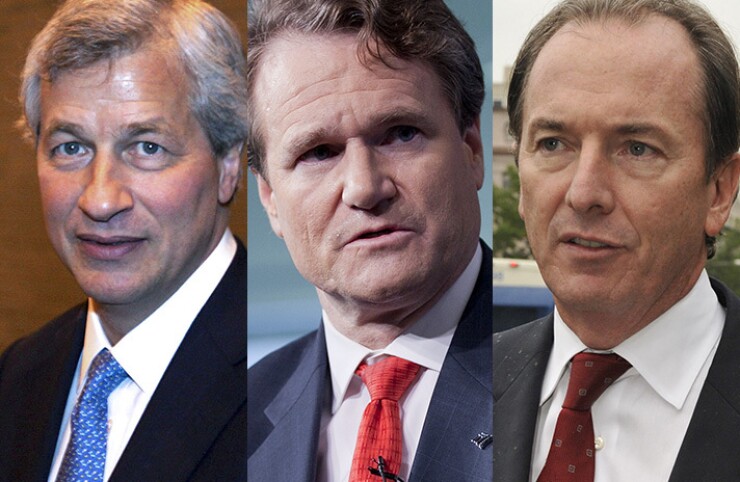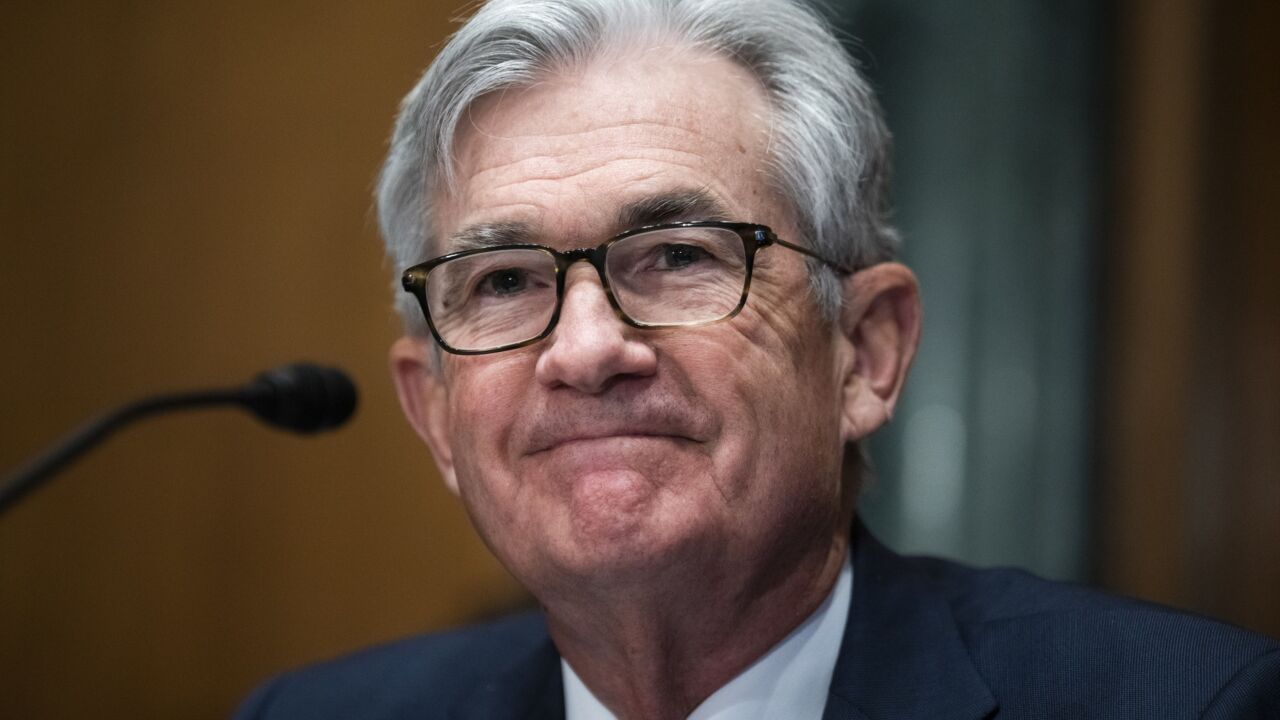The CEOs of three large U.S. banks are raising concerns about a possible recession, saying the Federal Reserve has a tricky job ahead in combating inflation without sparking a downturn.
JPMorgan Chase’s Jamie Dimon, Bank of America’s Brian Moynihan and Morgan Stanley’s James Gorman warned in separate interviews Wednesday that drastic interest rate hikes from the central bank could end up stifling the economy.

The Fed is “a little late” in raising rates in a bid to tamp down demand and tame inflation, Dimon
“People should take a deep breath, give them a chance,” Dimon said, adding that the “sooner they move, the better.”
The comments came as Fed officials prepared to announce their latest actions to bring down inflation, which jumped by 8.5% in March compared with a year earlier.
The central bank is expected to raise its benchmark short-term interest rate by a half of a point, the largest single increase since 2000, and lay out a plan to reduce its $9 trillion balance sheet. Markets expect several more rate hikes this year.
Bank of America’s economists are more worried over the potential for the Fed to tip the economy into a recession, Moynihan
In a recent survey, just over half of community bankers expressed concern that the central bank will harm the U.S. economy by raising rates too fast in its quest to contain inflation.
“This is a tricky execution” for the Fed, Moynihan said, saying the big debate among economists is whether the Fed will execute “a hard landing, a soft landing [or] a bouncy landing.”
“That's what the Fed is trying to get right. How do I guide this back to normal after all that stimulus, after all that activity, after the recovery?” Moynihan said.
At a Wall Street Journal event, Gorman
Dimon said he still sees about a 33% chance of a “soft landing” and gave the same odds to the potential for a brief and mild recession. But there’s also a chance that a downturn is “going to be much harder than that,” he added, particularly with the potential for the war in Ukraine to drag on “for years” and continue rattling markets for energy, wheat and other commodities.
“The Western world needs to be prepared for that and needs to take every action today to be prepared,” Dimon said.






